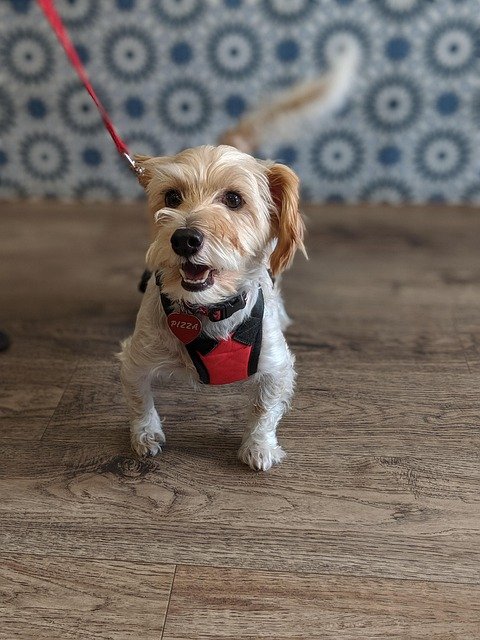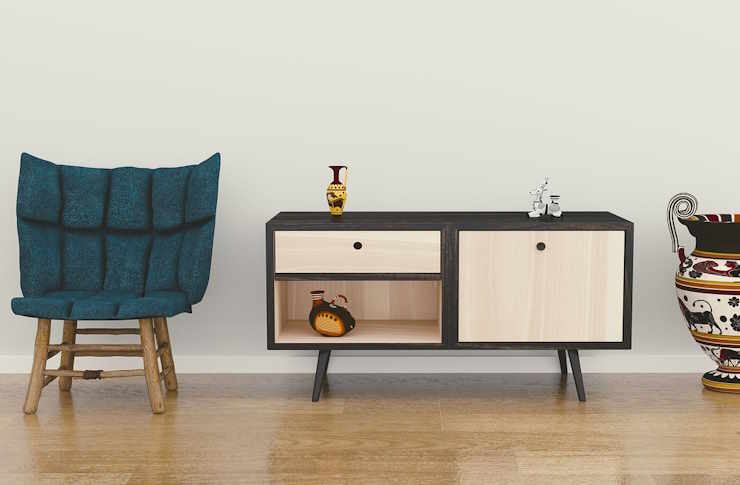The Complete Guide to Rescue Dog Adoption: Finding Your Perfect Companion
Adopting rescue dogs gives loving homes to animals in need while bringing joy and companionship into your life. Rescue dogs often come with unique personalities and stories, making the adoption experience rewarding and a chance to make a real difference.

Benefits of Adopting a Rescue Dog
When you choose to adopt a rescue dog, you’re not just gaining a pet—you’re saving a life. Most shelter dogs have been abandoned, surrendered, or rescued from difficult situations, and by adopting, you’re providing a second chance at happiness. Beyond the emotional reward, rescue dogs often come with practical advantages. Many are already house-trained and socialized, having lived in homes previously. Adult rescue dogs typically have established personalities, making it easier to determine if they’ll be a good fit for your lifestyle.
Additionally, adoption is significantly more affordable than purchasing from breeders. The adoption fee (typically ranging from $50-$300) usually includes vaccinations, spaying/neutering, and sometimes microchipping—services that would cost hundreds more if arranged separately. Perhaps most importantly, by adopting instead of shopping, you’re taking a stand against puppy mills and irresponsible breeding practices while reducing the number of pets in overcrowded shelters.
Tips for Adopting a Rescue Dog
Preparing for a successful adoption begins with honest self-assessment. Consider your living situation, daily schedule, activity level, and experience with dogs. Are you looking for a high-energy hiking companion or a calm couch potato? Do you have the time for a dog that needs extensive training? Many shelters use matching questionnaires to help identify suitable dogs for your lifestyle.
When visiting shelters, look beyond first impressions. Dogs in shelters are often stressed, which may not reflect their true personalities. Ask to interact with potential pets in quieter environments and, if possible, arrange multiple visits. Bring all family members, including existing pets, to ensure compatibility. Don’t hesitate to ask detailed questions about the dog’s background, health history, behavior assessments, and any known triggers.
Once you’ve chosen your new companion, prepare your home before bringing them home. Secure potentially dangerous items, set up comfortable resting spaces, and purchase essential supplies like food, bowls, a collar, leash, and appropriate toys. Remember that your new pet will need time to decompress and adjust to their new surroundings—sometimes weeks or even months for dogs with traumatic histories.
Rescue Dog Adoption Agencies and Shelters
Finding your perfect canine match starts with understanding the different types of adoption organizations. Municipal animal shelters operate with limited resources and often have the highest euthanasia rates, making adoption from these facilities particularly impactful. Private non-profit shelters typically offer more resources for rehabilitation and matching but may have more stringent application processes.
Breed-specific rescue organizations focus on particular breeds and their mixes, offering specialized knowledge about breed-specific needs and behaviors. These organizations often operate through foster networks rather than physical shelter locations. Foster-based rescue groups place dogs in temporary homes until permanent adoption, providing valuable insight into how dogs behave in home environments.
When researching adoption agencies, look for transparency in their policies and procedures. Reputable organizations will require an application process, reference checks, and sometimes home visits—not to be intrusive, but to ensure good matches. They should provide medical records, behavioral assessments, and post-adoption support. Many organizations maintain active websites and social media profiles where you can browse available dogs before visiting in person.
Adjusting to Life with Your Rescue Dog
The first few weeks with your rescue dog are crucial for building trust and establishing routines. Create a quiet, safe space where your new pet can retreat when feeling overwhelmed. Introduce house rules consistently but patiently, understanding that your dog may have never learned basic expectations or might have inconsistent past training.
Establish a predictable daily routine for feeding, walks, play, and quiet time. This consistency helps reduce anxiety and builds security. Consider using positive reinforcement training methods, which are particularly effective with rescue dogs who may have experienced trauma. Training classes designed specifically for rescue dogs can be invaluable resources, as instructors understand common rescue-related challenges.
Be prepared for potential behavioral issues like resource guarding, separation anxiety, or fear responses. These behaviors don’t mean you’ve chosen the “wrong” dog—they’re often normal responses to past experiences. Many rescue organizations offer post-adoption support, including behavior hotlines and resources for addressing common challenges. Professional help from certified trainers specializing in rescue dogs can make a tremendous difference if serious issues arise.
Long-term Success with Your Adopted Companion
Building a lasting bond with your rescue dog takes time and patience. Many adopters describe a special moment when their rescue dog truly “settles in”—sometimes weeks or months after adoption. This transformation, seeing a formerly fearful or anxious dog bloom into a confident, joyful companion, is one of the most rewarding aspects of rescue adoption.
Regular veterinary care is essential, as shelter dogs sometimes have underlying health conditions that weren’t apparent during initial examinations. Consider pet insurance to help manage unexpected medical expenses. Continue socialization throughout your dog’s life, gradually introducing new experiences, people, and environments at a pace comfortable for your pet.
Remember that each rescue dog’s journey is unique. Some adjust quickly while others need extended time to overcome past traumas. The bond you develop through this process creates a special connection unlike any other. By choosing adoption, you’ve not only changed a dog’s life but likely discovered that your rescue dog has profoundly changed yours as well.




